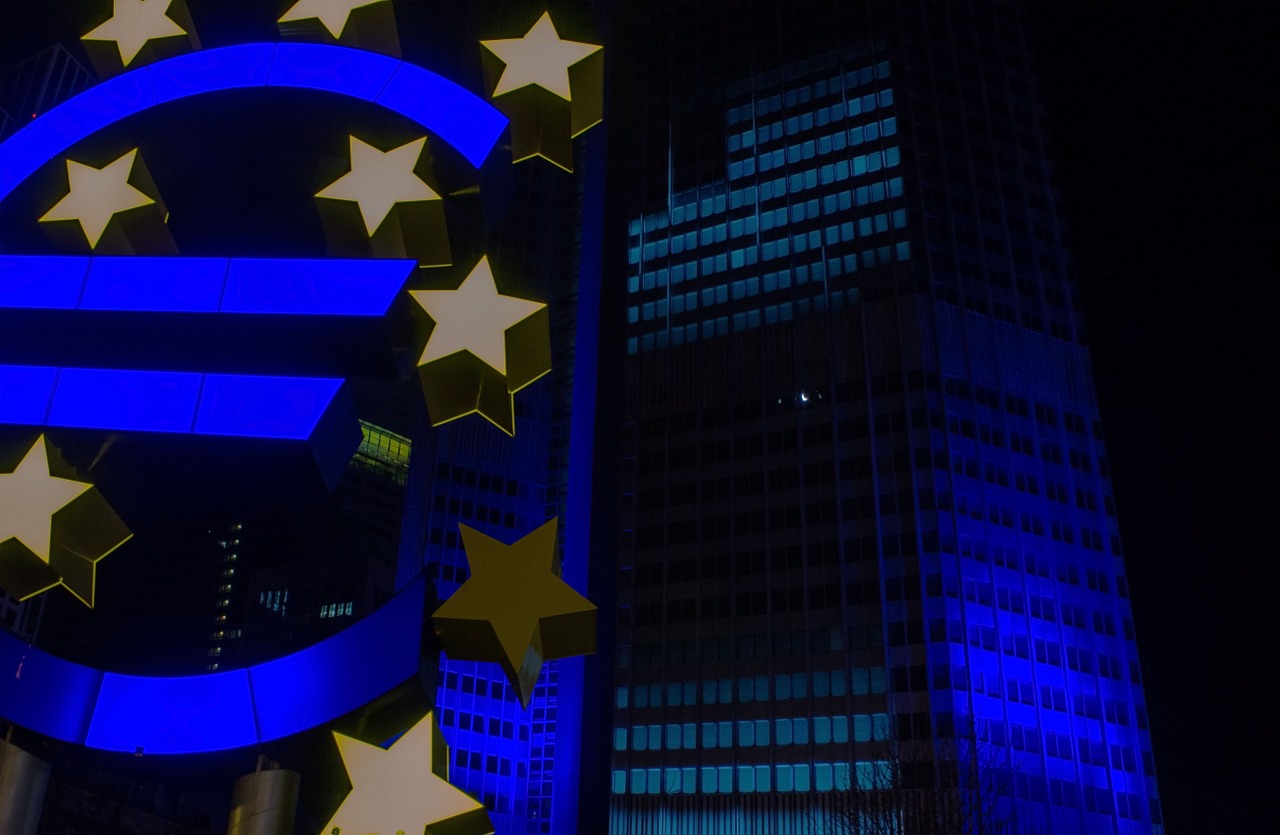Simultaneously with the release of these data, the German Federal Bureau of Statistics announced a quarterly decline in GDP by 0.1%, after extremely weak export and industrial production figures, which the largest EU economy showed in April-June. Year-on-year growth was 0.4% versus 0.9% in the first quarter. Thus, Germany has been threatened with a technical recession for the second time in a year, that is, a contraction in the economy for two consecutive quarters.
In France, GDP growth in the second quarter slowed from 0.3% to 0.2%, Italy recorded stagnation amid stagnant trade and domestic demand (0% versus 0.1%). Outside the eurozone, negative quarterly growth was demonstrated by the United Kingdom (–0.2% versus 0.5% in the first quarter) and Sweden (–0.1% versus 0.5%). Despite the mixed trends, the economies of Lithuania and Finland felt the best: in both countries the growth was 0.9% compared with 1.2% and 0.5% in the first quarter, respectively.
Employment in the EU and the eurozone in April-June increased by 0.2% against 0.4% in the first quarter, or by 1% against 1.1% in annual terms, respectively. Industrial production in the eurozone in June fell by 1.6%, in the EU - by 1.5% compared with May growth of 0.8% and 0.9%, respectively. In annual terms, the decline was even more significant: 2.6% in the eurozone and 1.9% for the block as a whole. The worst industrial indicators were observed month by month in Ireland (–8.8%), Denmark (–7.6%) and Portugal (–4.5%), and year-on-year in Germany (–6.2%), in Croatia and Portugal (–5.6% each).
According to the July forecast of the European Commission, Eurozone GDP growth will slow down to 1.2% by the end of the year compared to 1.9% in 2018 against the backdrop of the ongoing trade war between the United States and China, negatively affecting international trade and production and threatening deterioration global financial conditions, as well as the ever-increasing threat of hard Brexit.
source: ec.europa.eu, reuters.com
In France, GDP growth in the second quarter slowed from 0.3% to 0.2%, Italy recorded stagnation amid stagnant trade and domestic demand (0% versus 0.1%). Outside the eurozone, negative quarterly growth was demonstrated by the United Kingdom (–0.2% versus 0.5% in the first quarter) and Sweden (–0.1% versus 0.5%). Despite the mixed trends, the economies of Lithuania and Finland felt the best: in both countries the growth was 0.9% compared with 1.2% and 0.5% in the first quarter, respectively.
Employment in the EU and the eurozone in April-June increased by 0.2% against 0.4% in the first quarter, or by 1% against 1.1% in annual terms, respectively. Industrial production in the eurozone in June fell by 1.6%, in the EU - by 1.5% compared with May growth of 0.8% and 0.9%, respectively. In annual terms, the decline was even more significant: 2.6% in the eurozone and 1.9% for the block as a whole. The worst industrial indicators were observed month by month in Ireland (–8.8%), Denmark (–7.6%) and Portugal (–4.5%), and year-on-year in Germany (–6.2%), in Croatia and Portugal (–5.6% each).
According to the July forecast of the European Commission, Eurozone GDP growth will slow down to 1.2% by the end of the year compared to 1.9% in 2018 against the backdrop of the ongoing trade war between the United States and China, negatively affecting international trade and production and threatening deterioration global financial conditions, as well as the ever-increasing threat of hard Brexit.
source: ec.europa.eu, reuters.com





